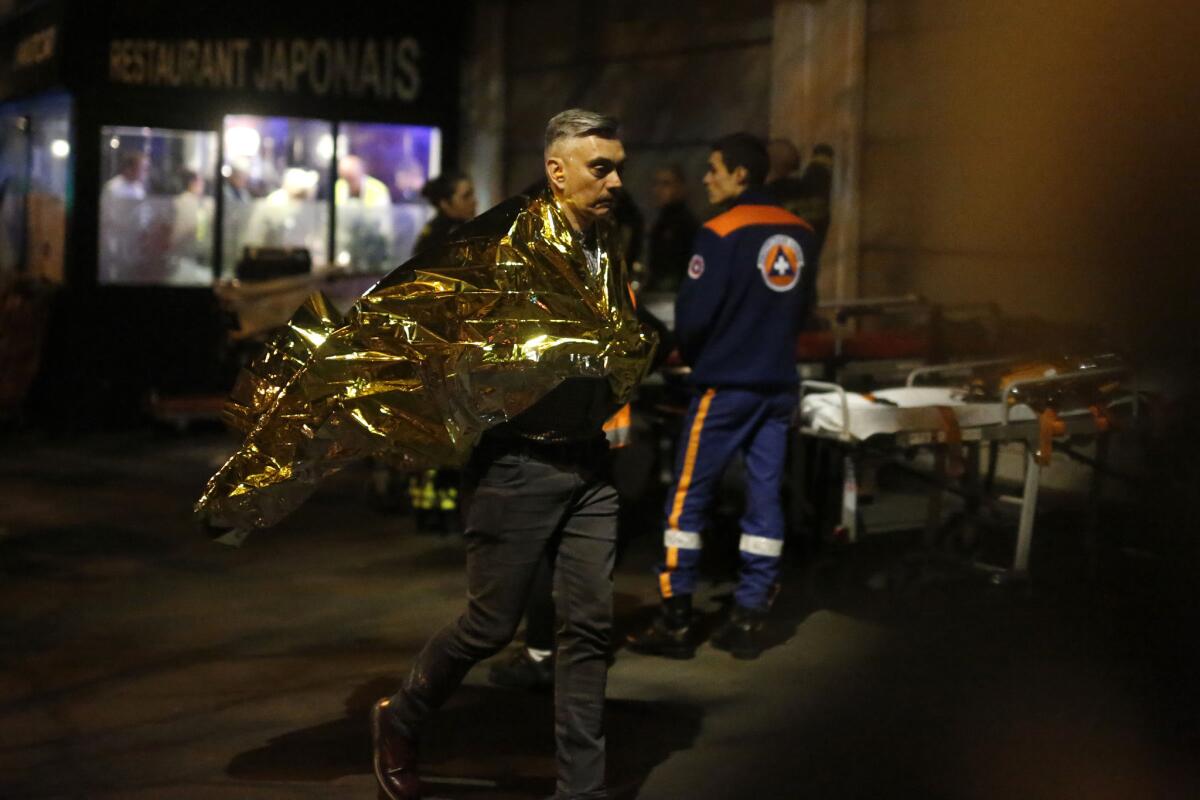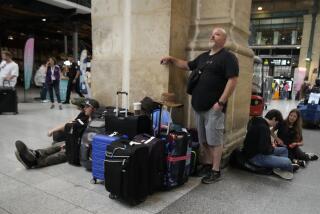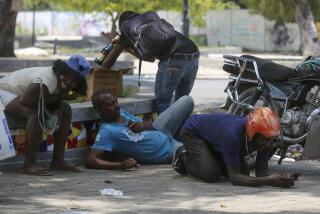Op-Ed: Resilience in Paris

A man walks outside the Bataclan theater in Paris after the terrorist attacks on Nov. 13.
I lived in Paris longer than I lived in any other city. When I left for the United States, my farewell dinner was at Le Petit Cambodge â the restaurant targeted in Fridayâs terrorist attacks. The Bataclan nightclub, in which perhaps 100 people were killed (death toll reports coming out of France are at this time highly inconsistent), was my second home during my wilder, younger days â I spent many a Saturday night there getting trashed and nodding to electronic music while pumping a lit cigarette in the air like an idiot.
FULL COVERAGE: Paris Terror Attacks
Mixed with my terror, and just as powerful, is my feeling of pride in Paris. The famously prickly, constantly striking Parisian cab drivers reportedly turned off their meters and took passengers home for free. Within minutes of the attack, âinternautesâ â as the French call Internet users â began to tweet addresses (including those of their own homes) where anyone in need could find shelter. The #PorteOuverte hashtag is a modern symbol of the French peopleâs resilience and hospitality in the worst of circumstances.
France is no stranger to acts of terrorism on its soil. Al Qaeda threatened in the early part of the millennium that France would be a major target, and this has come to pass. The country is still recovering from the Jan. 7 attack on Charlie Hebdo, in which two brothers, SaĂŻd and ChĂŠrif Khouachi, attacked the satirical magazineâs Paris offices, killing 11, in retaliation for controversial cartoons depicting the Muslim prophet Mohammad.
Pundits are already calling Fridayâs events the French Sept. 11. But the attacks on the World Trade Center were not carried out by Americans, whereas itâs entirely possible that the men who invaded the Bataclan were âhomegrownâ terrorists. Virtually every recent act of terrorism on French soil, including the 2012 attacks in Toulouse that targeted a Jewish day school, has been carried out by French nationals or long-time French residents.
What is it about the French air and water, one might well wonder, that gives rise to such extreme discontent? There is no easy answer. France has a larger Muslim population than other European countries. It colonized large swaths of the Maghreb, and relationships between former colonial subjects and former conquerors are always complicated. One problem is the feeling that belonging should be possible, but is in practice out of reach. In 2005, the Paris suburbs burned in clashes between police and locals. But now those seem like simpler times. That was rioting, not terror.
Some will shrug their shoulders, some will shake their fists, some will cry, all will drink.
This act of terrorism has given rise to great compassion and good samaritanism. It has also led to the conviction that something must be done, some action must be taken. The French president, Francois Hollande, promised to lead a âruthlessâ response. But against whom, exactly?
My friend Tony Todd, who was born in Paris, outlined the range of possible reactions to the latest bloody outgrowth of a problem with no obvious solution: âSome will shrug their shoulders, some will shake their fists, some will cry, all will drink.â
Euny Hong spent six years in Paris as a journalist for France 24, an international news network.
More to Read
A cure for the common opinion
Get thought-provoking perspectives with our weekly newsletter.
You may occasionally receive promotional content from the Los Angeles Times.










